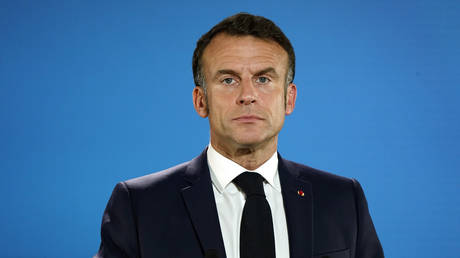Nyusi accuses developed countries of violating environmental agreements
(AIM) – Mozambican President Filipe Nyusi on Tuesday accused the industrialised countries of failing to abide by their commitments under international environmental agreements.
He was speaking in Maputo at the opening of an International Conference on Environmental Education of the Community of Portuguese Speaking Countries (CPLP), a four day event held under the theme “Environmental Education as the Key to Sustainability”.
Nyusi said the developed countries bear most of the blame for the climate change that threatens humanity. “At COP 21, held in Paris in 2015, world leaders pledged to keep the average global temperature at less than two degrees centigrade higher than pre-industrial levels”, he recalled. “We are concerned at the non-compliance with the agreements reached, above all by the most industrialised countries which are the countries that most contribute to climate change”.
The preferred target for the average global temperature increase is not two degrees, but 1.5 degrees centigrade. Nyusi cited a 2021 report which said that to keep warming to 1.5 degrees, ”emissions of carbon dioxide should be reduced by 45 per cent by 2030, which will be difficult due to the reluctance of the most industrialised countries to comply with the Paris agreement”.
“Environmental education”, he said, “should not be seen as aimed at communities in one direction: it is a crucial tool to attain sustainable development in all its dimensions, above all for the worst polluters”.
Nyusi insisted on the inclusion of local communities since they play a crucial role in environmental conservation. “Our vision is that environmental education should not just go in one direction, because there are many positive aspects that local communities can transmit for the preservation of the environment”.
“Our environmental policies, apart from being aligned with the international conventions, should take into consideration so-called indigenous knowledge, good local practices, and the conservation of the ecosystems of biodiversity”, he added.
He noted that the solution of environmental problems is centred on three levels – namely urban centres, rural areas and the marine and coastal environment.
Some of the central measures for environmental education in these zones, said Nyusi, are the prevention of coastal erosion, the fight against poaching, and halting uncontrolled mining and bush clearance.
“A great commitment from the political leaderships is required for better environmental education”, he concluded.
(AIM)


















